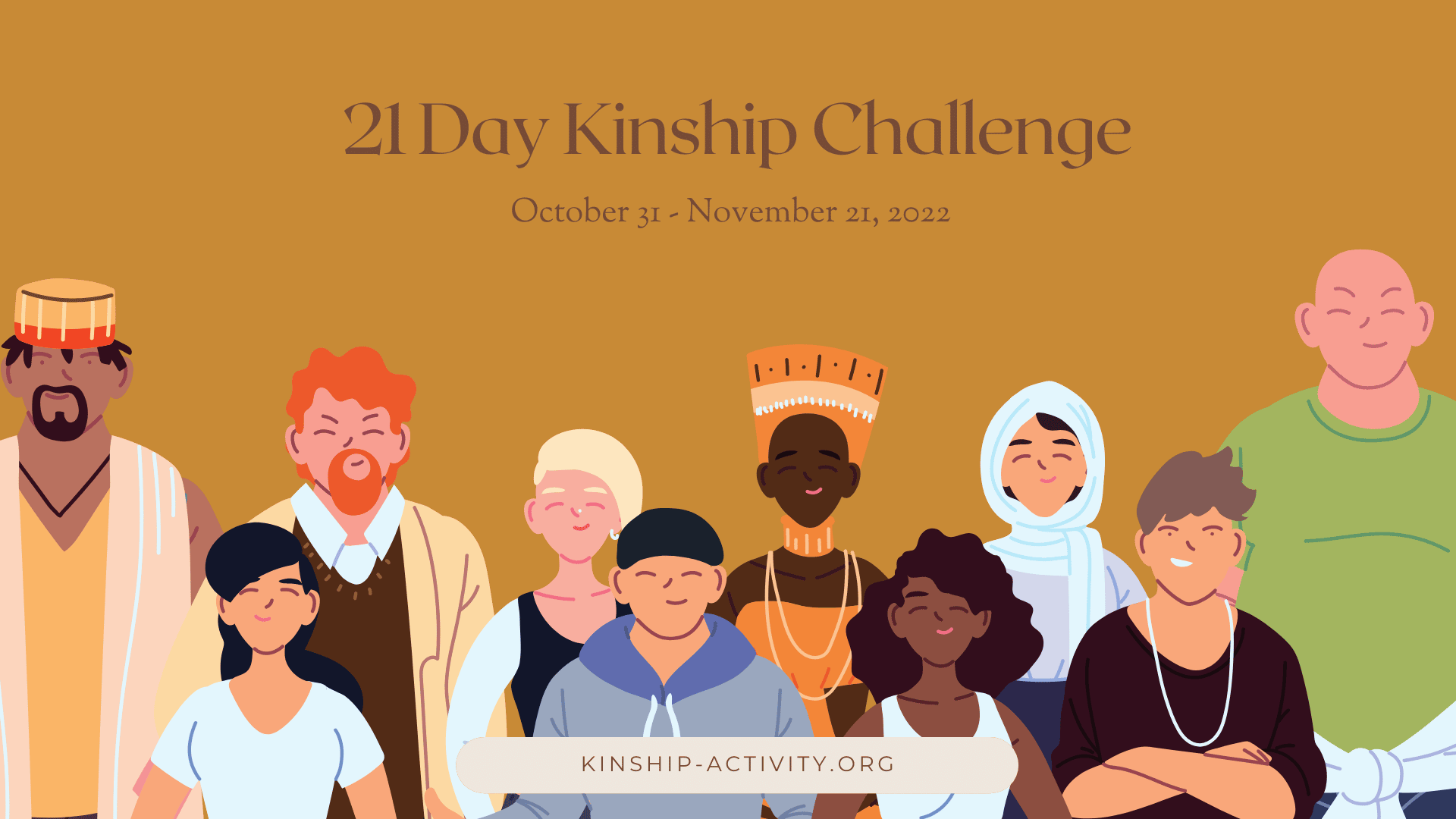
21 Day Kinship Challenge
October 31 – November 21, 2022
with Zoom meetings Oct 31, Nov 12, Nov 21
In working in the line of kinship, our main object is to bring about a better understanding among the different classes, followers of different religions, and people of different races and different nations. ~ Hazrat Inayat Khan
There is no social change fairy. There is only the change made by the hands of individuals. ~ Winona LaDuke.
Creating communities of belonging means we must awaken to issues of power, privilege, supremacy and leadership. These patterns often arise from our unconscious conditioning, implicit biases and organizational structures. Change requires us to broaden our perspective. Are you ready to expand your perspective?
Kinship North America and Oceania invite the Inayatiyya community to engage in a 21 Day Challenge to increase our personal awareness about the histories and experiences of marginalized communities. Through this experience, we hope to increase our understanding of whole-truth history and our ability to build habits and practices of inclusion and belonging. This 21 day practice is about seeing from another’s point of view. Setting our intentions and adjusting how we spend our time is essential to transforming ourselves.
Throughout this 21-day challenge you will receive daily prompts for activities designed to enhance personal awareness of history, justice and the impact of power. You get to choose from a variety of mediums, from reading an article, watching a video, or listening to a podcast, in addition to daily supportive motivations to stay committed for the full 21 days.
Additionally, there will be three optional Zoom meetings to join; one at the start of our journey (October 31st) to collectively commit, a meeting mid-way thru (November 12th) to share how things are going, and a closing (November 21st) to share overall learnings and insights.
REGISTRATION
For more information, please visit the Kinship Website.
Registration for this program is required.
Zoom sessions on October 31st, November 12th and November 21st are from 3:00-4:00 pm New York Time, 9-10:00 pm Central Europe Time. This program is being hosted by the Kinship Activity of North America.
QUESTIONS
If you have any questions about the 21 Day Challenge please email us at kinship@inayatiyya.org
BIOGRAPHIES

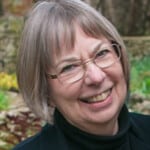


Date
- Oct 31 2022 - Nov 21 2022
- Expired!
Local Time
- Timezone: America/New_York
- Date: Oct 31 2022 - Nov 21 2022
Cost
- Free
Location
Speakers
-
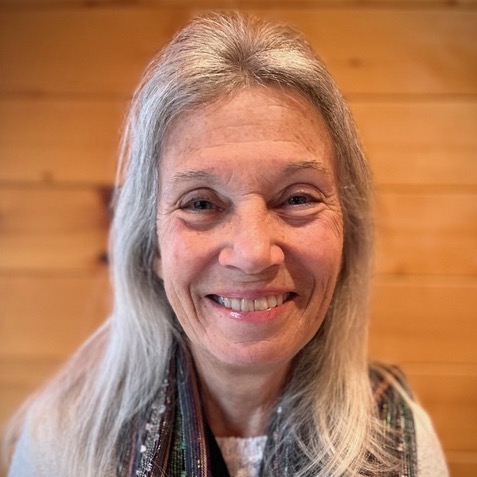 Rabia Povich
Rabia PovichRabia Povich, a student of the universal Sufi path, co-leads a local Inayatiyya center in Charlottesville, VA. Motivated to advance the ideals of justice and equity, Rabia is engaged in a local community low-barrier homeless day shelter and an interfaith clergy group addressing inequity caused by systemic racism. Her professional background spanned 25 years in public policy, where she utilized advocacy, research, communication, and organizational development skills to reduce poverty and injustice and increase opportunity. She currently serves as North American Vice President of the Kinship Activity.
-
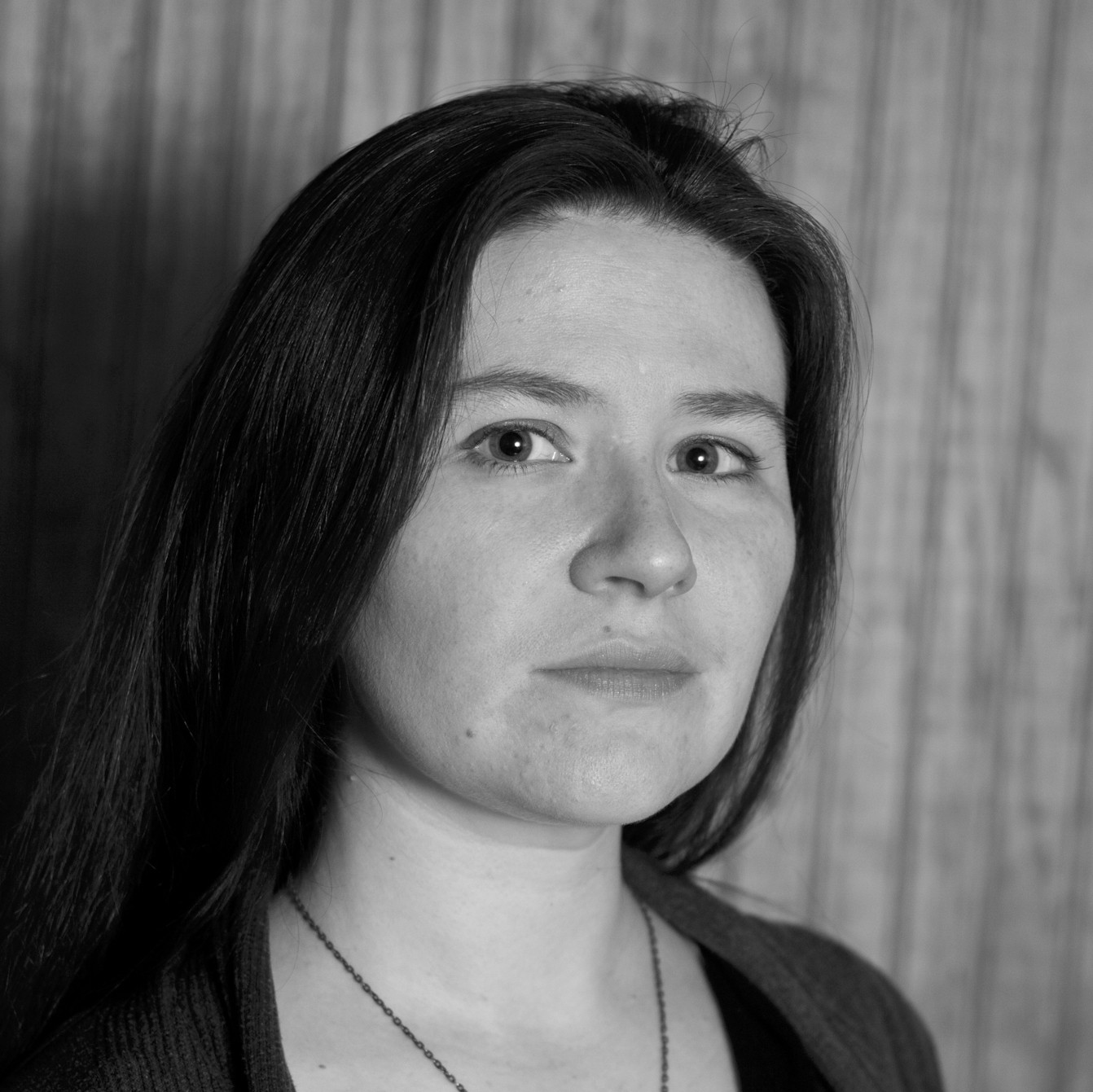 Khatidja Rodriguez-Ruiz
Khatidja Rodriguez-RuizKhatidja Rodriguez-Ruiz was initiated into the Inayatiyya in 2008 and is a graduate of the Suluk Academy (Naubahar). She currently serves on the North American Board of Trustees as chair of the Fundraising Committee. Khatidja received her Bachelor of Interdisciplinary Studies in Sociology and Public Policy from the University of Virginia. Professionally, she works as a fundraising strategist in higher education philanthropy where she works to expand accessibility and inclusivity in higher education. In her volunteer life, she uses improv music and theater as a conduit to support local grassroots organizations and the arts, in order to amplify their message and spread it to a wider audience. She is motivated by the philosophy that our diverse outlooks can make us stronger, if we work collaboratively to weave a unifying ideal of love, harmony, and beauty. She lives in Charlottesville, Virginia.
-
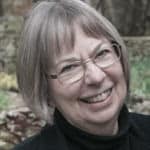 Batina Sheets
Batina SheetsBatina Sheets is naturally drawn to the welfare of others. As a child, she witnessed her father’s ministerial care for numerous congregations. That awareness of others took the form of a thirty-year career in Child Protective Services. She has served as an Inayatiyya center leader, retreat guide, Cheraga and is a Suluk graduate. Batina is a member of the Kinship Council and helps coordinate the Murid Emergency Relief Fund since the Fund’s inception in 2011. In large part, her other interests revolve around her husband, Wahhab, their three children, and four grandchildren.
-
Majid Vowells
Majid Vowells is the Kinship representative for Aotearoa New Zealand and discovered the Sufi path when he moved here over twenty-five years ago. The Maori, Pacifica, and African cultures he has met have shown him much about the living experience of kinship. He has taught in culturally diverse schools and seen the challenges refugees face. He shares the experience of being an immigrant with his Ethiopian wife and her extended family. They have two teenage children, and Majid has grandchildren in England and Japan. He has found that the message of Hazrat Inayat Khan, and particularly the teachings on kinship are a potent way for the human family to work toward unity and peace in these times.

